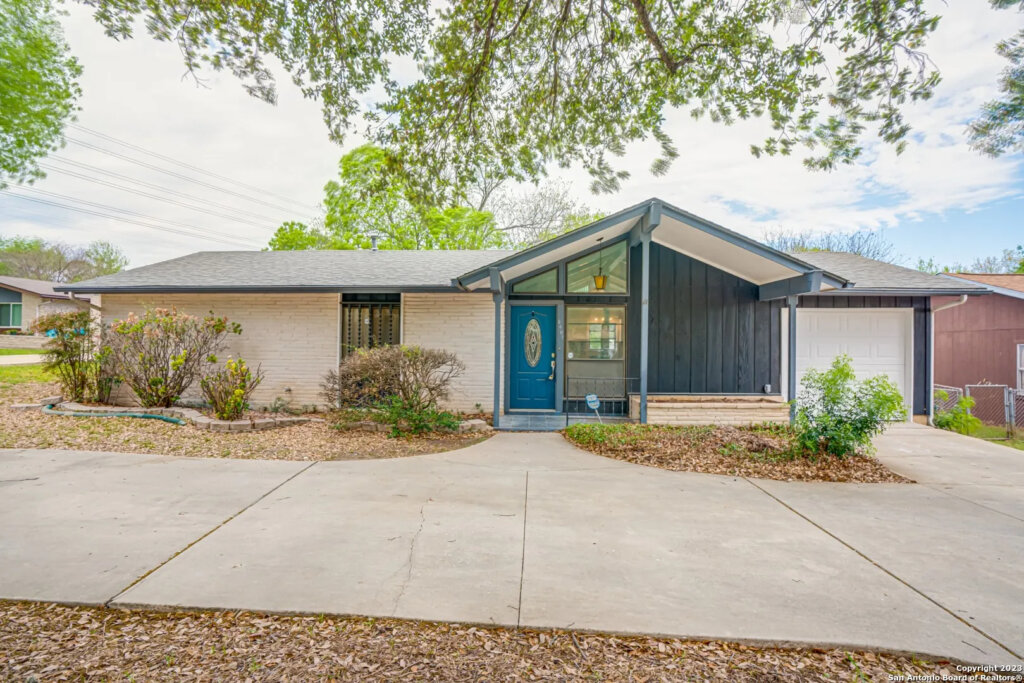
There’s a better way to earn.
SECURED BY REAL ESTATE.
NO TENANTS OR TOILETS.
ZERO BANKS INVOLVED.
AND THE BEST PART: CONSISTENT RETURNS IN YOUR POCKET.
be the bank.
Stop relying on the unpredictable stock market to fund your retirement. Earn 8%-12% returns by investing in brick-and-mortar real estate as a private money lender.
What Is Private Lending?
Private money lending involves an individual providing funds to a real estate investor for the purchase of property, through both short-term and long-term loans. You might have also heard of it as a private mortgage, asset-based lending, or, my personal favorite, relationship-based lending.
The main thing to understand is that there are three necessary components in this type of investment:

In a real estate investment situation, a title company will hold the funds until payout. What investor doesn’t want the peace of mind knowing that their money is in neutral hands?
The process of private money lending is pretty straightforward, and anyone can go that route to earn passive income, no matter your experience level.
Why is it Better to be a Private Money Lender?
It’s no secret that real estate is one of the most lucrative and secure investment avenues out there. After all, when was the last time your house had zero value? I believe the following reasons underscore the potential for private money lending to be a secure and bountiful investment strategy, especially when compared to other, more volatile investment options.
Secured, Insured, and Protected

- Collateral-Backed Loans: Loans are secured by hard assets, providing a safety net. If the borrower defaults, you can seize and sell the property to recover the loan amount.
- Due Diligence and Control: Private lenders can conduct thorough assessments of the borrower’s creditworthiness and the property’s value.
- First Position on Lien and Flexibility:
Lenders often hold the primary claim on the property, ensuring a higher likelihood of repayment. You can also negotiate terms directly with borrowers and offer flexible interest rates, loan durations, and repayment schedules. - The Proper Paperwork:
- Lien: You hold the primary right to claim the property if the borrower fails to fulfill their payment obligations.
- Deed of Trust or Mortgage: This document outlines the borrower’s commitment to repay the loan, ensuring you retain the title to the property until the loan is fully paid off.
- Promissory Note: Details the terms and conditions of the payment schedule.
- Hazard Insurance Policy: Lists you as the primary beneficiary, ensuring you are compensated first in the event of a loss or damage.
Less Risky
Consider what it’s like to invest in the stock market: you collect a lower interest rate to have a small fraction in a company you have no control over. It’s volatile and backed by paper instead of a hard asset. This is exactly why I encourage people to invest in real estate as a private money lender... the low-risk factor. When you partner with an investor, you hold sway over decisions when it comes to your investment. You hold the cards.
What other investment avenues are just as secured, insured, and protected?
Keep in mind that every investment comes with a level of risk. Nothing is 100% certain; no one has a crystal ball. But it’s nice to know which investment brings in more consistent returns at low risk to the lender.

As the primary Note holder, you become the bank for the property. In the event of a default by the borrower, you acquire the property. That is, after all, your safety net to reduce your level of risk. Investing in Notes gives you flexibility.
Significantly Higher Returns
Private money lending often offers higher interest rates compared to other investment strategies due to the unique dynamics of real estate financing and the inherent risks and opportunities in the market.

In traditional investment markets and retirement funds return percentages typically hover around 5%-8%, providing low but stable returns. Historically the stock market has provided an average annual return of about 7% after adjusting for inflation. On the other hand, private money lending in real estate can yield interest rates ranging from 8% to 12% or more, depending on the deal’s specifics and the borrower’s profile. It’s not uncommon to see some lenders earning 12-14%.
The higher returns in private money lending are primarily because of the risk premium associated with real estate investments. Unlike banks, private lenders are often more flexible and can cater to borrowers who might not meet traditional lending criteria.
These borrowers are usually willing to pay higher interest rates in exchange for quick and hassle-free financing. For example, a real estate investor seeking funds to renovate and flip a property might be willing to offer a 10% annual return to a private money lender, significantly higher than what the same investor would get from a CD or a mutual fund.
Are you the right fit for private lending?
If you answer ‘yes’ to any of these, let’s talk:

- New to Real Estate Investing: You’re intrigued by the potential of real estate but unsure where to start or prefer not to handle the day-to-day management (AKA no TOILETS & TENANTS).
- Unhappy with Current Investment Returns: If your current investments aren’t yielding the returns you desire, private money lending offers competitive interest rates and higher returns.
- Seeking Consistent Income: Looking for steady cash flow from your investments? Private money lending provides regular interest payments, ensuring predictable income.
- Avoiding Stock Market Volatility: If the unpredictability of the stock market has you on edge, private money lending offers a more stable and secure investment option.
- Diversifying Your Portfolio: Interested in adding a new asset class to your investment portfolio? Private lending helps you diversify, reducing overall risk.
Did you answer yes?
I can bet it will be worth it to connect. Partnering with us to invest your money in real estate as a private money lender will transform your financial freedom. Let’s envision how we can win together.

